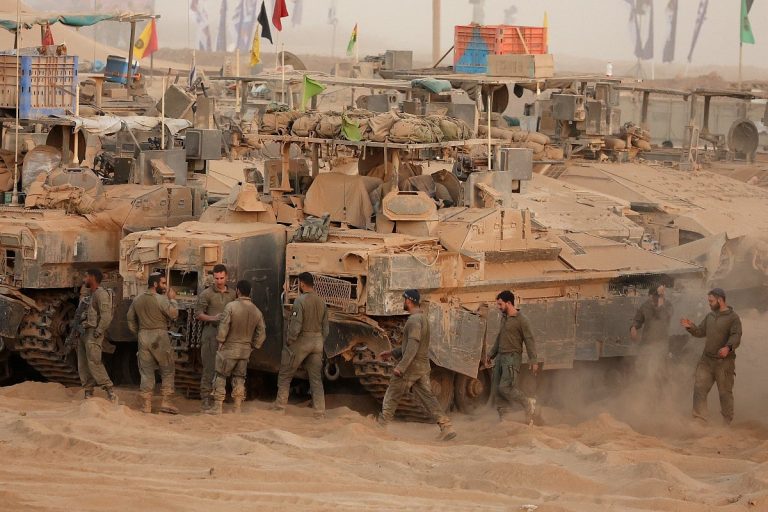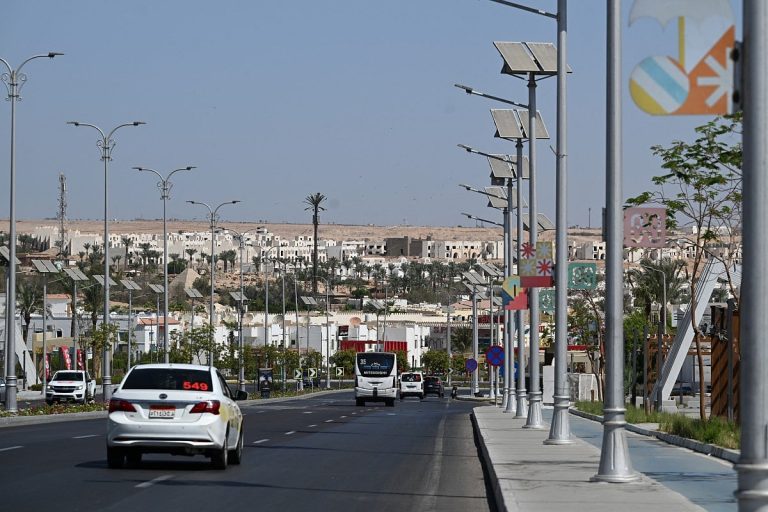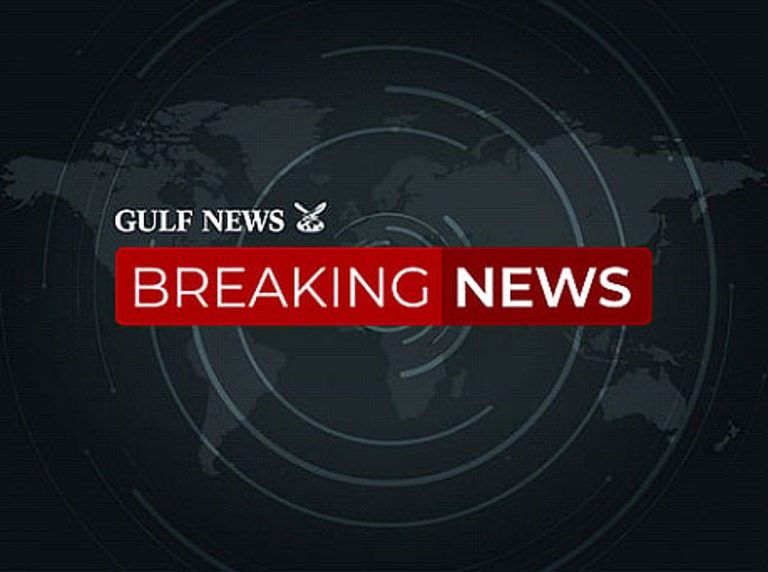Hamas Reaffirms Ceasefire Commitment and Body Recovery Effor
Hamas has reiterated its dedication to the ceasefire agreement with Israel, emphasizing its intention to return the bodies of hostages still in Gaza. This statement comes amid ongoing tensions and concerns regarding the fate of those who have lost their lives during the conflict.
The group acknowledged that the process of returning the remains may be complicated. They indicated that some bodies are buried in tunnels that were destroyed, while others are trapped under the rubble of bombed buildings. This complexity highlights the challenges faced in the recovery efforts.
Israel has responded firmly, warning that failure to return the bodies could lead to a resumption of military action in Gaza. This situation underscores the fragile nature of the ceasefire and the potential for renewed hostilities if commitments are not met.
FAQs
What is Hamas’s current stance on the ceasefire?
Hamas has expressed its commitment to the ceasefire agreement with Israel and is focused on returning the bodies of hostages.
Why is the recovery of bodies complicated?
The recovery is complicated because some bodies are buried in destroyed tunnels, while others are under the rubble of bombed buildings.
What could happen if Hamas does not return the bodies?
Israel has warned that it may resume military operations in Gaza if Hamas fails to fulfill its promise to return the bodies.
Conclusion
The situation remains delicate as Hamas navigates the complexities of body recovery while adhering to the ceasefire agreement. The potential for renewed conflict looms if commitments are not honored, making the coming days critical for both parties involved.
The ceasefire agreement between Hamas and Israel has been a focal point in the ongoing conflict, which has seen significant loss of life and destruction. The commitment to this ceasefire is crucial not only for humanitarian reasons but also for the broader geopolitical landscape in the region. The return of bodies is a sensitive issue that touches on the emotional and cultural aspects of the conflict, as families seek closure for their loved ones. The complexities involved in the recovery process reflect the broader challenges of post-conflict reconciliation and the need for effective communication between the parties involved.
The situation in Gaza remains precarious, with both sides under pressure from their respective constituencies. For Hamas, the successful return of bodies could bolster its standing among supporters, demonstrating its ability to negotiate and fulfill promises. Conversely, Israel’s insistence on the return of bodies is tied to its own domestic political considerations, where public sentiment often demands accountability and action in the face of loss. The interplay of these pressures can influence the dynamics of the ceasefire, making it essential for both sides to navigate this period with caution.
International observers and humanitarian organizations are closely monitoring the situation, recognizing the potential for escalation if the ceasefire falters. The recovery efforts are not only a matter of logistics but also involve legal and ethical considerations regarding the treatment of the deceased and the rights of families. As the situation evolves, the role of mediators and external parties may become increasingly important in facilitating dialogue and ensuring that commitments are honored. The coming days will be critical in determining whether the ceasefire can hold and whether the recovery of bodies can proceed without further conflict.
In addition, the broader implications of the ceasefire extend beyond the immediate parties involved. The conflict has drawn attention from various international actors, each with their own interests and perspectives on the situation. The potential for renewed hostilities could have ramifications for regional stability, affecting neighboring countries and international relations. As such, the commitment to the ceasefire and the successful recovery of bodies may serve as a litmus test for future negotiations and peace efforts in the region. The stakes are high, and the actions taken in the near future will likely shape the trajectory of the conflict for months to come.
Also Read:
Unreturned Hostages’ Remains in Gaza: Families Seek Closure







